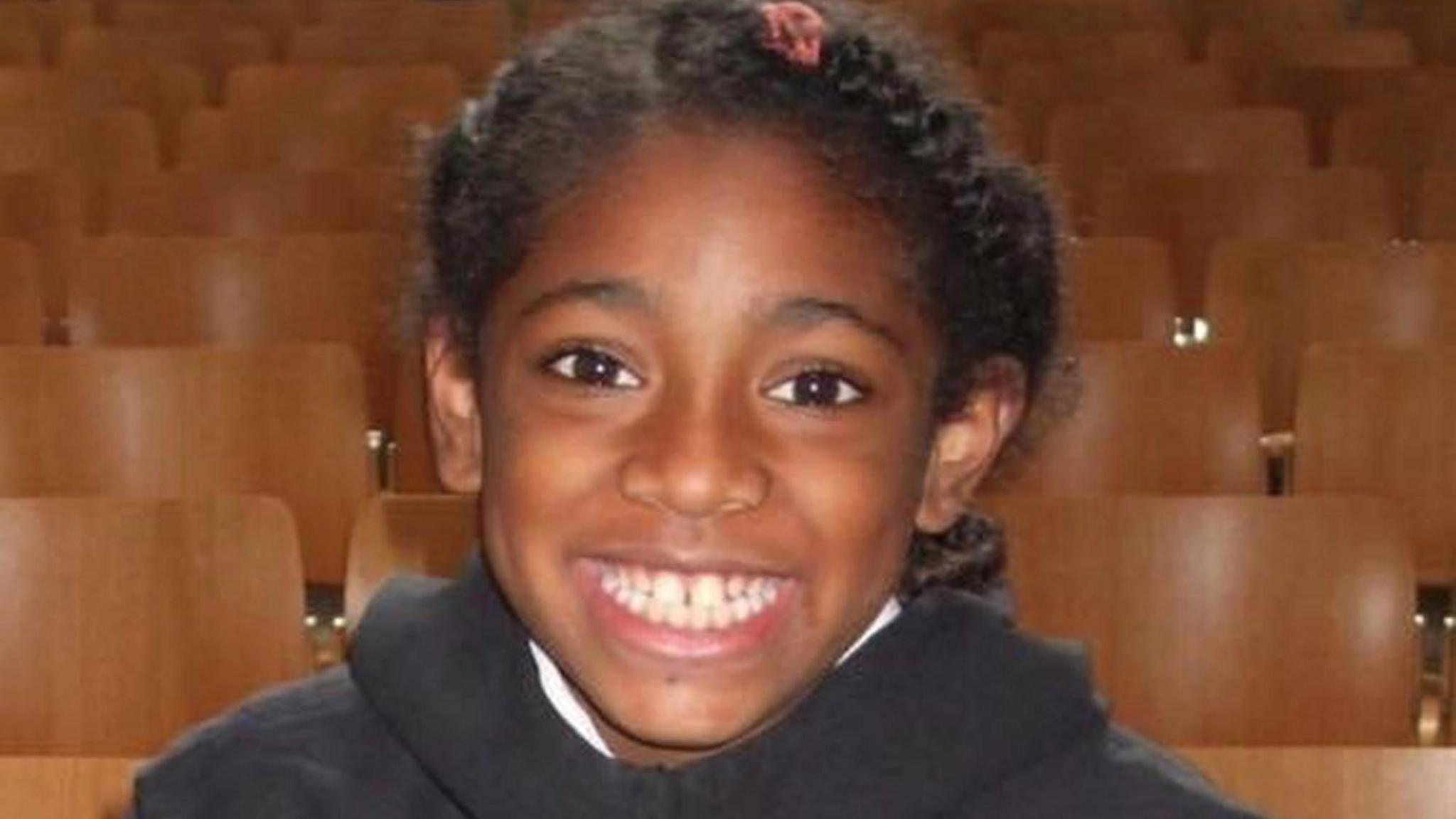Campaigners fear mayor not prioritising clean air
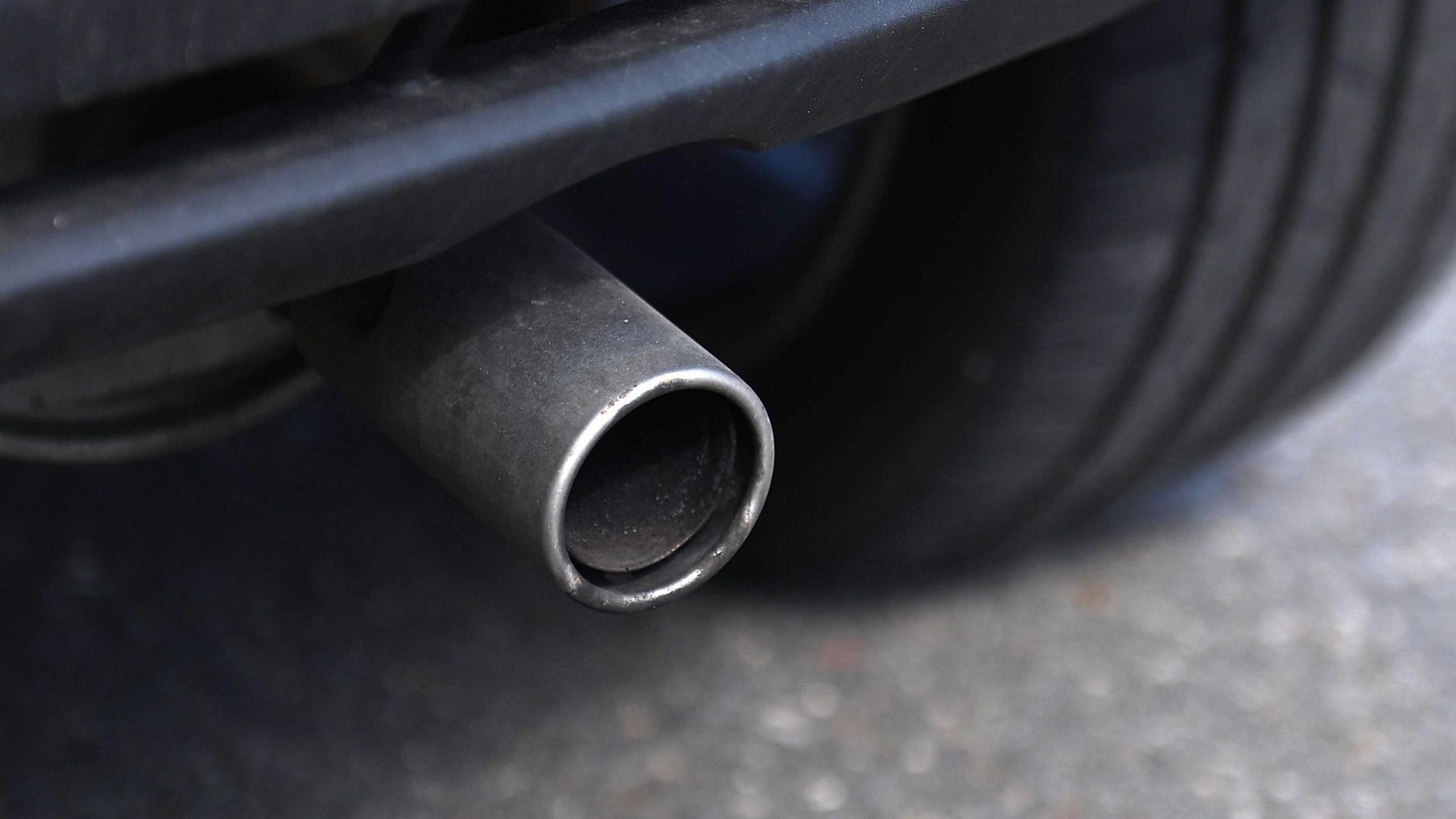
City Hall said the Sadiq Khan remained "totally committed" to cleaner air in London and aimed to meet tighter WHO rules "as soon as possible"
- Published
Clean air campaigners have said they fear London Mayor Sadiq Khan could be making air pollution less of a priority.
They claim Khan has switched his focus to water quality instead, and are concerned that his third, and potentially final, term will not see enough done to meet the latest World Health Organisation (WHO) guidelines on clean and safe air.
Some say it would be "disastrous" if the mayor shifted the focus on to water when the "job on air is not done".
However, City Hall said the mayor remained "totally committed" to clean air and aimed to meet tighter WHO rules "as soon as possible".
Since he was re-elected in May, Khan has spoken publicly several times about water quality and repeatedly said that he wants to do for the capital’s waterways "what we’ve done with clean air".
But campaigners say this signals a change of direction at a time when efforts to tackle climate change and air quality need to be redoubled.
"I think it definitely looks as if he is shifting on to water," says Simon Birkett from Clear Air in London.
"He shouldn’t. You can walk and chew gum at the same time."
'Still much to do'
Oliver Lord from the Clean Cities Campaign said there was "rumbling frustration and uncertainty" that the political narrative appeared to be moving from air to water.
"It is concerning that it could come across as 'job done'.
"I am currently seeing a new road tunnel at Silvertown, and an exemption for electric vehicles paying the congestion charge being lifted, and I am not squaring that with being the right direction for the mayor."
Jenny Bates from Friends of the Earth said: "The mayor still has much to do to end the scandal of London’s polluted air.
"Urgent action is certainly needed to clean up the capital’s waterways, but it’s not 'job done' on air quality."
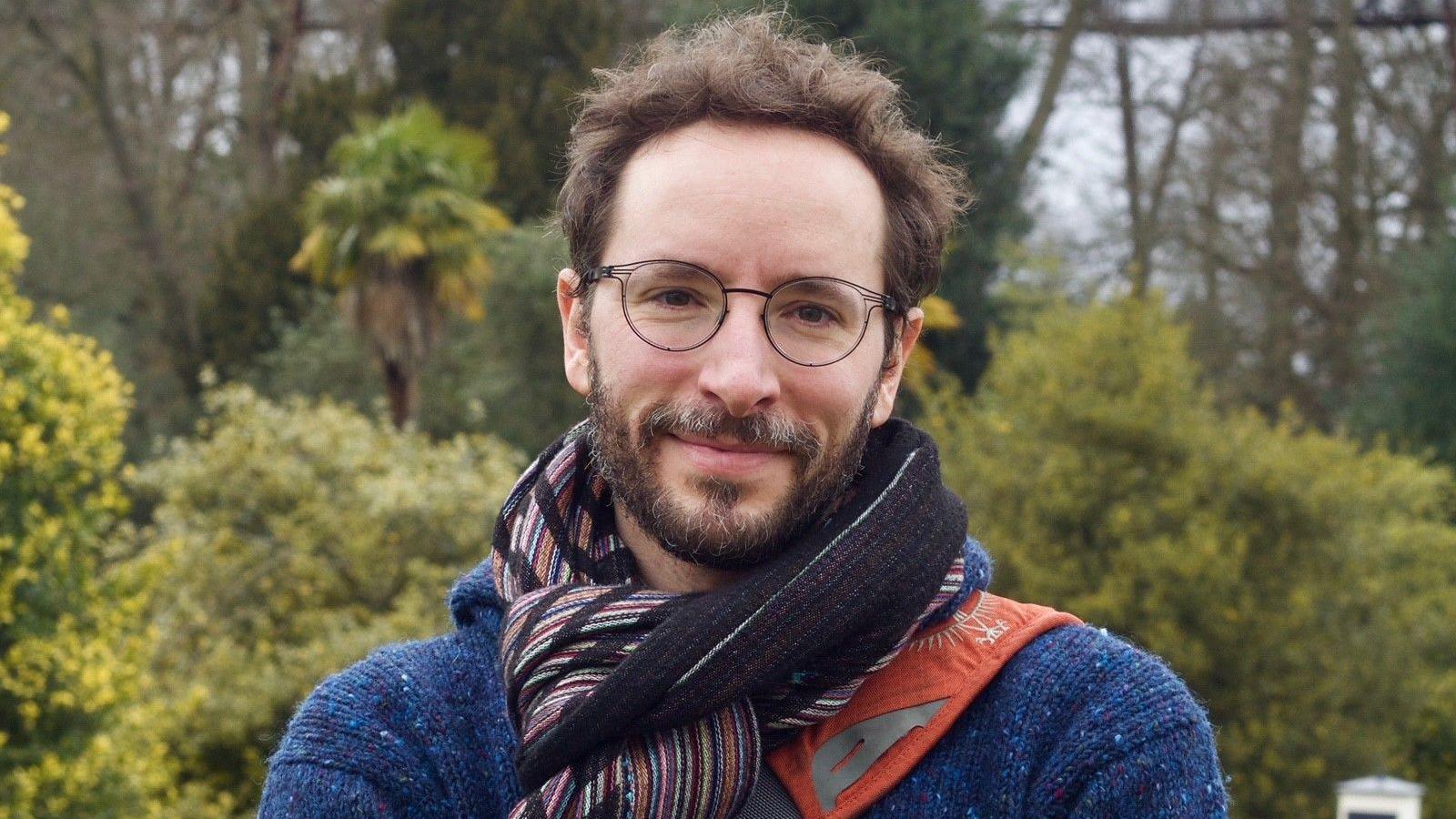
Oliver Lord says he is concerned that plans to make central London a zero-emission zone next year by phasing out diesel vehicles next have been shelved
Mr Birkett is among those who feel one possible reason for this could be that the mayor was bruised by the political fallout and expense of expanding Ulez to outer London - which has had a small impact on cutting air pollution and carbon emissions.
Following the expansion, Khan ruled out in his manifesto the potential for smart "pay-per-mile" road-user charging and further changes to Ulez.
"He was too defensive during the mayoral election campaign, got boxed in on road-pricing and emissions measures and has not left himself with much flexibility," Mr Birkett argued.
However, City Hall said the mayor had been clear that despite significant progress since 2016 "more needs to be done to ensure Londoners are breathing cleaner air".
Currently 1,700 of London’s 9,000 buses are electric, with the mayor vowing to make the whole fleet zero emission by 2030.
City Hall said work was continuing on ensuring new buildings maximise air quality, supplying 200 of London’s most polluted schools with air quality filters, encouraging walking and cycling and investing in green industries.
The mayor has also promised 40,000 electric charging points by 2030.
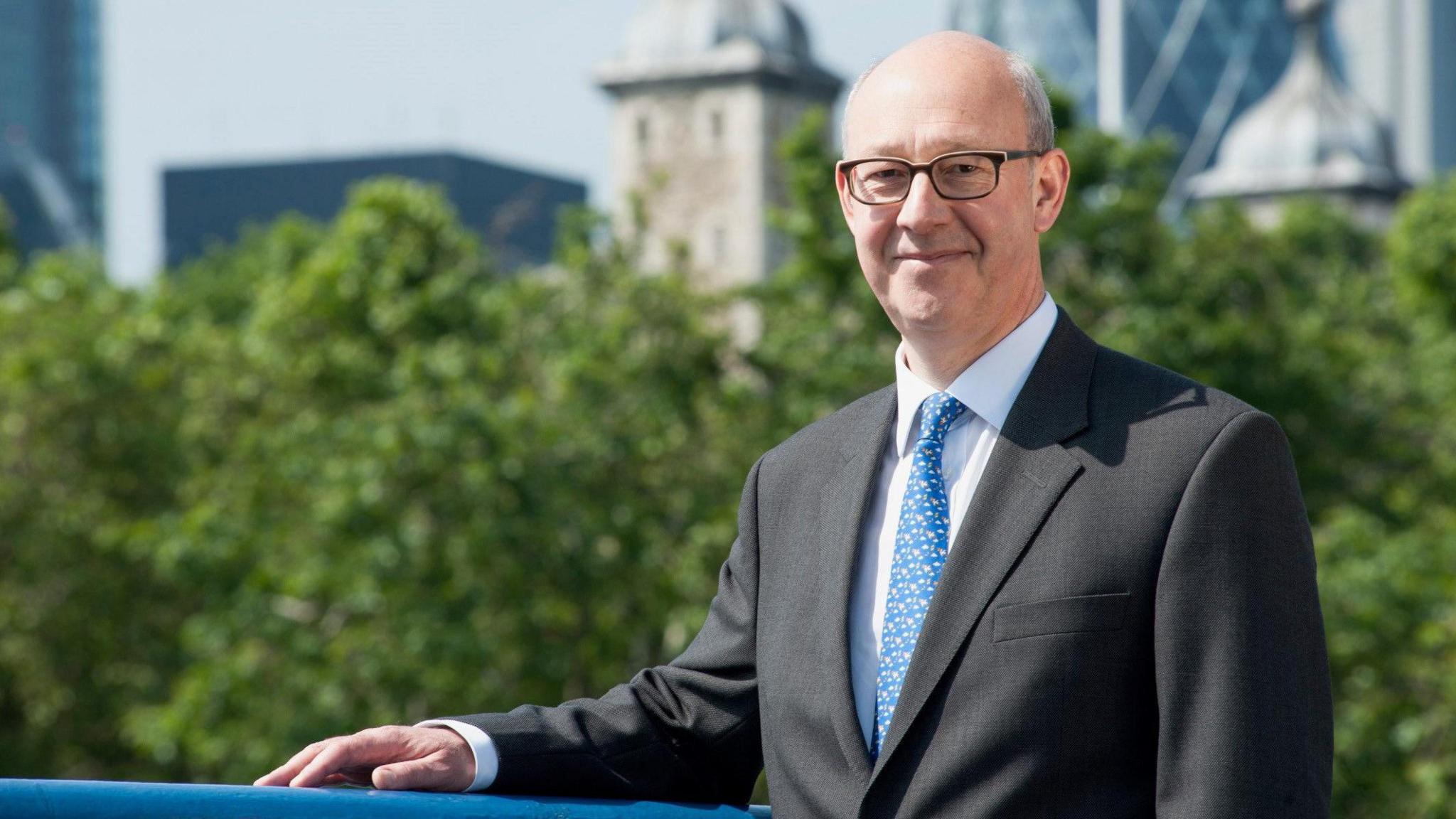
It would be "disastrous" for Khan to take his eye off the ball, Simon Birkett says
So what is left that could still be worked on?
A key measure of London’s compliance with international guidelines on air pollution is concentrations of nitrogen dioxide (NO2).
For the past few years, most average annual roadside concentrations of NO2 have been below the limit of 40 micrograms per cubic metre (ug/m3), external, and it was forecast that by next year no roads would breach the limit.
However, the WHO has since changed its recommendations, external to a lower “interim” limit of 20 ug/m3, and eventually a limit of 10 ug/m3 to reduce the health impact of air pollution.
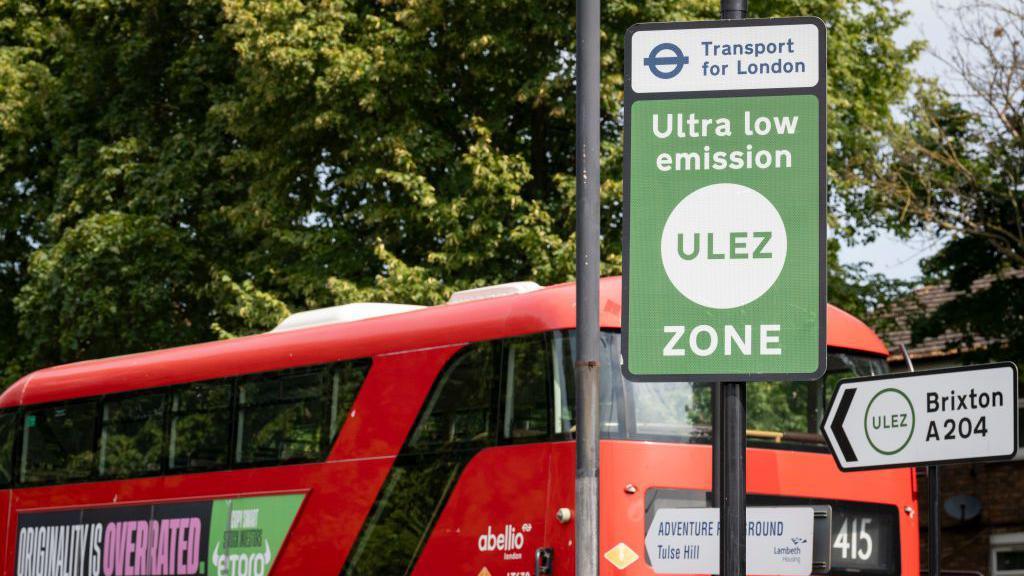
City Hall says the mayor needs government help to deliver his 2030 net-zero target for London
Campaigners now question whether there are still plans to meet the new limits.
"It would be disastrous to take his eye off the ball when the WHO has slashed its air quality guidelines," Mr Birkett said.
City Hall said it was working to achieve the changes "as soon as possible" and a "technical evaluation" was taking place to see how it could happen.
An assessment of the capital’s path to net zero and clean air, external was also carried out by campaign groups over the summer.
It was found that while the mayor had made "great progress" on air quality, traffic volumes and vehicle distances driven were "going in the wrong direction" - albeit not yet exceeding pre-pandemic levels.
In 2023, 19.2bn vehicle miles were travelled across the 9,200 miles of roads in London, external, according to the Department for Transport.
The campaigners argue London should be following more radical policies to restrict freight vehicles and cars according to their weight in central London - as is happening in Paris, Brussels, Amsterdam and Stockholm.
Mr Birkett said: "He should set an aim for London to be diesel-free by 2030 and demand new powers from central government to control building emissions."
Mr Lord said he was concerned that plans to make central London a zero-emission zone next year by phasing out diesel vehicles next had been shelved.
City Hall said Khan was working with government, borough councils, businesses and other stakeholders but needed government help to deliver and fund his 2030 net-zero target in London.
Listen to the best of BBC Radio London on Sounds and follow BBC London on Facebook, external, X, external and Instagram, external. Send your story ideas to hello.bbclondon@bbc.co.uk, external
Similar stories
- Published25 July 2024
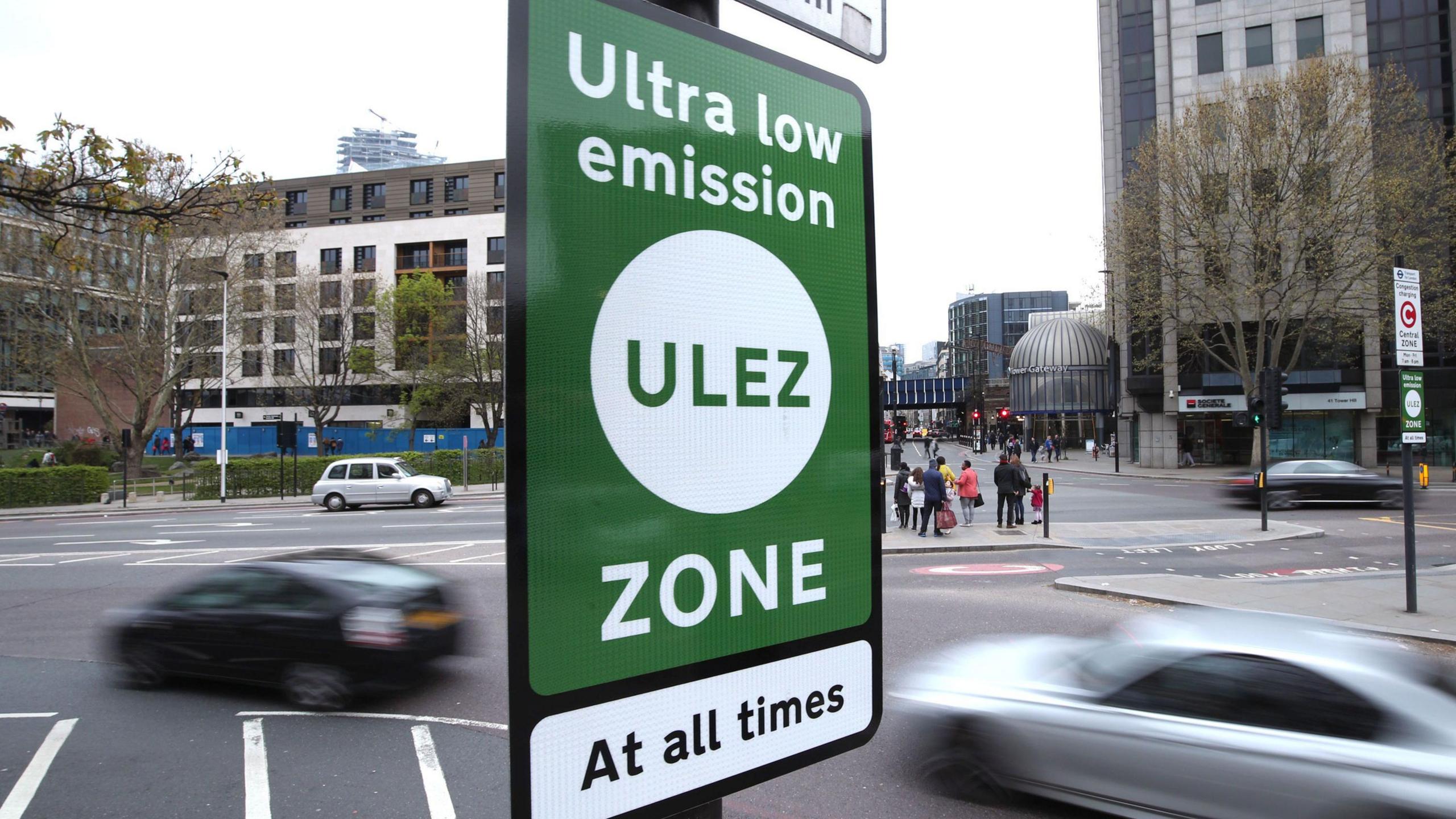
- Published11 March 2024
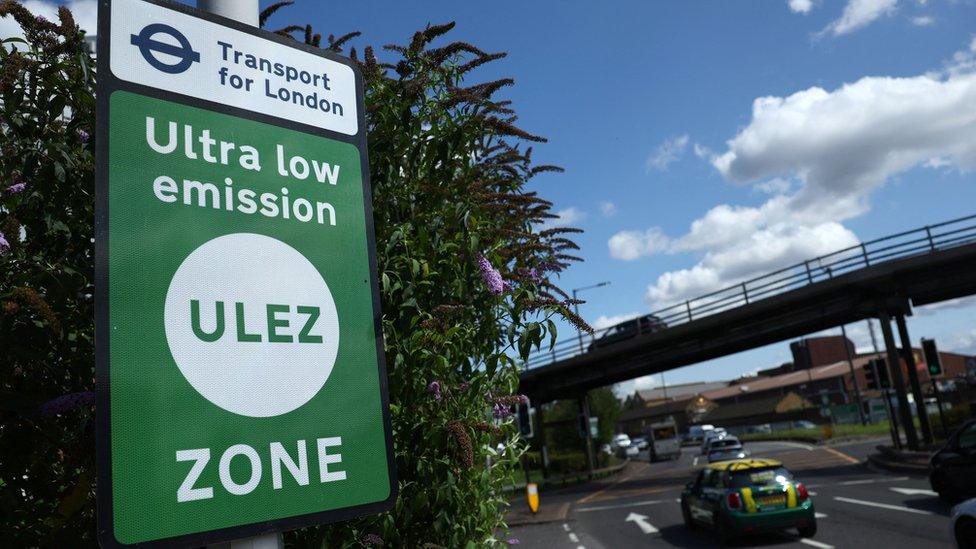
- Published31 October 2024
